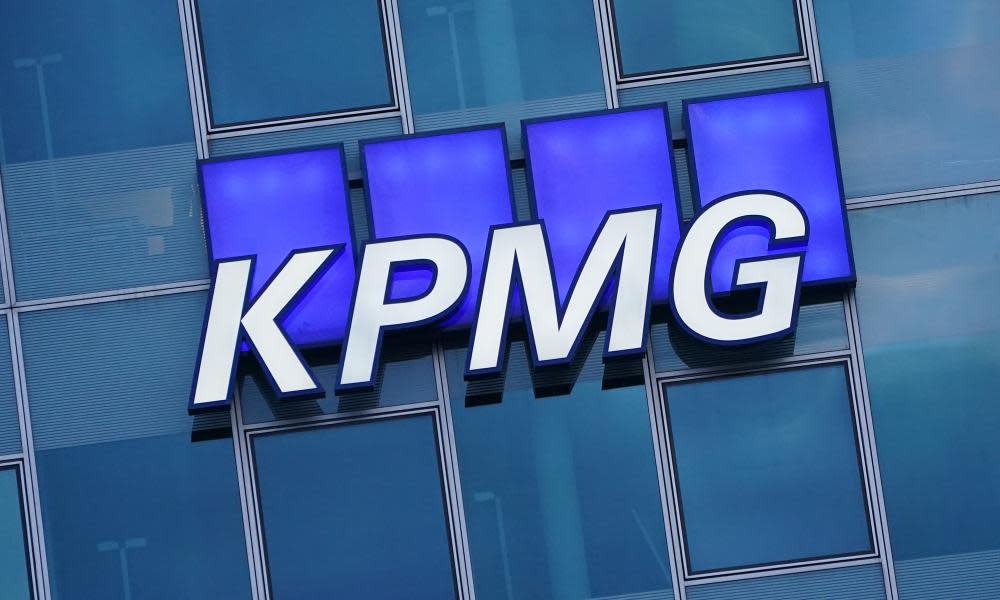KPMG fined £3.4m over ‘serious failures’ in Rolls-Royce audit

KPMG will pay a fine of £3.4m to the accounting regulator after accepting failures in its audit of Rolls-Royce, the British jet engine manufacturer that paid a £500m settlement after bribery allegations.
The accountancy firm received a severe reprimand from the regulator, the Financial Reporting Council (FRC), and the firm will have to commission an independent review into the effectiveness of its policies.
It is the fourth significant fine the firm has paid this year.
Anthony Sykes, the KPMG partner who led the audit, will also pay a £112,500 fine and received a severe reprimand ahead of his retirement from the firm in September. The fines for the firm and Sykes were reduced from £4.5m and £150,000 respectively because they cooperated with the regulator. KPMG will also pay the regulator’s costs for the investigation.
It is the latest in a series of scandals suffered by the big four accounting firms, all of which have been fined millions of pounds for audits that later turned out to have significant failings.
Poor quality audits have been blamed in cases ranging from the collapsed construction firm Carillion – for which KPMG was this month fined £14m – to the retailer BHS, for which PwC was fined £6.5m. KPMG has also been fined this year in relation to work on the alcohol distributor Conviviality and Revolution Bars.
Rolls-Royce, Britain’s most prominent aerospace and defence manufacturer, agreed to pay £671m in penalties in 2017 after long-running investigations into claims it paid bribes to land export contracts, including £500m in the UK and other payments in the US and Brazil. The charges in the deferred prosecution agreement included false accounting and conspiracy to corrupt.
“Allegations of bribery and malpractice through the use of intermediaries and ‘advisers’ in the defence field were prominent at the time of the audit”, and should have been well known to KPMG because it was auditing another defence company that had just paid a large fine to settle a criminal investigation, the regulator said.
The “serious failures” highlighted by the FRC related to two payments – one of £3.3m and one of £1.9m – made to Indian intermediaries.
The auditors became aware of the payments in July 2010, but failed to include reference to them in the audit. Sykes also instructed a manager to remove a paragraph referring to them from minutes.
Claudia Mortimore, the deputy executive counsel to the FRC, highlighted the need for accountants to question their clients’ assertions.
“It is essential that auditors are alive to the risks of companies’ non-compliance with laws and regulations, and conduct work in this area with care and sufficient professional scepticism,” she said. “This is particularly so when the audited entity is in a sector where such risks are known to be prevalent.”
Jon Holt, the KPMG UK chief executive, said the fine was related to a “legacy case” that happened before he took over last year.
“I am pleased we have now concluded this historic matter and I’m sorry that elements of our work in the FY2010 audit of Rolls-Royce Group did not meet the professional standards required,” he said.

 Yahoo Movies
Yahoo Movies 
